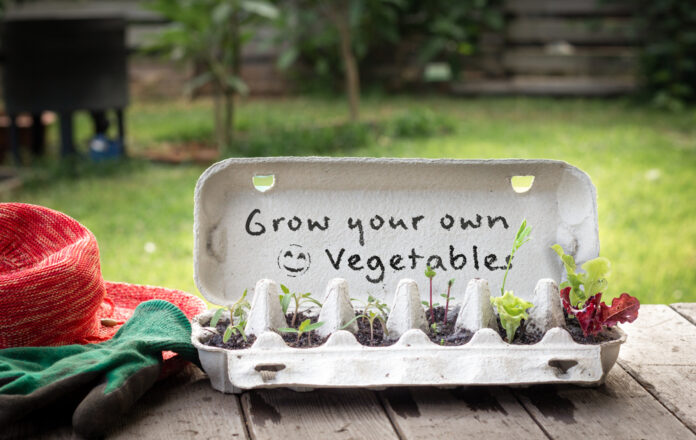
When it’s so easy and convenient to buy food at the supermarket, is it worth the time and money to cultivate your own? Especially if you live in a harsh environment, have limited space, or have a full-time job and family responsibilities. There are some benefits to growing your own food to consider.
Growing Your Own Food May Save You Money
Since January 2021, the cost of groceries has risen more than 7%. Fruit and vegetable prices climbed 0.9% in January 2022, owing to inflation. Growing your own food may save money on groceries, but the amount some individuals save is questionable. Your return (and long-term success) depends on what you grow. Knowing what to plant can save money on supermarket purchases.
What crops are worthwhile? Start with the market price. These items are often the most expensive to buy organic, depending on the season, location, and environmental conditions like drought or disease.
- Tomatoes
- Cabbage, Lettuce, Kale, and Chard
- Zucchini & Summer Squash
- Beans – maximize your space by using a trellis
- Bell Peppers
Growing Your Own Food May Reduce Waste
Many edible and delicious vegetable pieces never reach the market because they don’t survive transit without looking ragged. Even though you can eat them, many people don’t pick up the pieces that look that way.
Commercial Produce May lack Nutrition
Despite technological improvements and sophisticated farming procedures, today’s veggies have fewer vitamins, minerals, and phytonutrients. According to research, since the 1940s, fruits and vegetables have lost 40% of their nutrients.
Agricultural experts blame two factors when discussing these issues.
Diluting environment: Fertilizer, irrigation, and other modern agricultural methods tend to reduce plant mineral concentrations. So while farmers can get more yields (at lower prices), it means lower-quality food.
Effect of genetic dilution: This might be due to scientists focusing on making crops with high yields instead of making sure they have a wide range of nutrients.
Most of the food grown for sale comes from hybrid plants that were bred to have “desirable” traits like being resistant to pests and diseases, looking the same, and giving high yields in a short amount of time. The food might look perfect, but sometimes the food’s nutritional value suffers.
Summary
When you consider the information above, you can see how you might benefit from growing your own food. For some people, it’s definitely worth considering if you have a large family or eat a lot of food that can be grown. It’s important to take all things into consideration since there is setup involved with growing your own food as well.
https://journals.ashs.org/hortsci/view/journals/hortsci/44/1/article-p15.xml
https://www.bls.gov/news.release/pdf/cpi.pdf
https://growagoodlife.com/grow-your-own-organic-food/



















